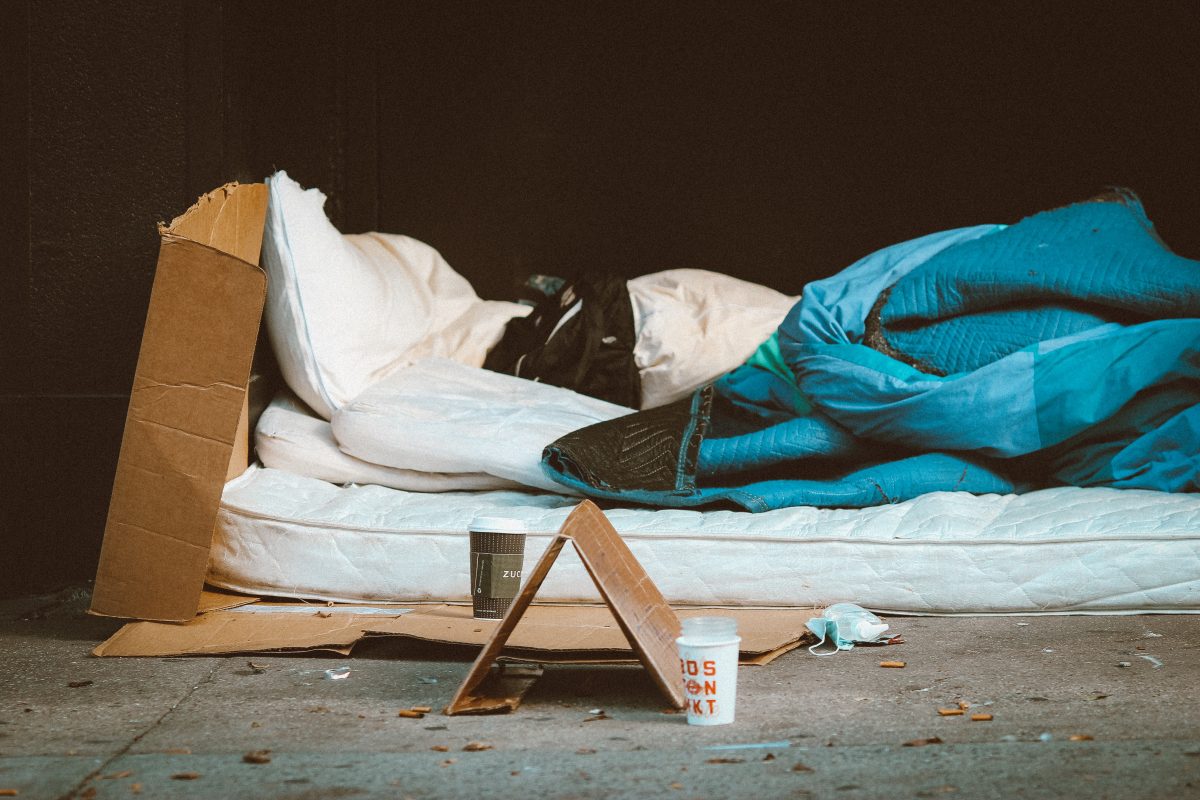Terence Lester, founder of the organization Love Beyond Walls, recently traveled to Memphis as a part of a seven-day journey to protest a Tennessee law that makes camping on public property a felony. This is a part of Lester’s documentary that will “give a voice to and highlight the lives of the people most impacted by Tennessee’s anti-camping bill.”
The law went into effect on July 1st, 2022. According to the Tennessee General Assembly, this law “creates a Class C misdemeanor offense, punishable by a $50 fine and community service work, for camping along a controlled-access highway or entrance or exit ramp; expands Equal Access to Public Property Act of 2012, under which it is a Class E felony offense for a person to camp on property owned by the state knowing that the area on which the camping occurs is not specifically designated for use as a camping area, to apply the offense of unauthorized camping to all public property.”
“It’s an act of public sanitation,” said Lester. “It is the sanitizing of physical presence and existence of those who are unhoused. That can be connected to capital interest. It can be connected to wanting to beautify a city in ways where poverty is not an eyesore.”
Memphis was Lester’s first stop on his journey, and he will also travel to Nashville, Knoxville, and Chattanooga. Lester said that he has done a number of campaigns to bring attention to homelessness such as walking to Washington, D.C. from Atlanta. He also walked to the Lorraine Motel in Memphis in 2018 to bring attention to poverty, homelessness, and racism.
Lester said that one of his greatest passions for advocacy work around homelessness comes from his own personal experiences.
“When I was a teenager, I experienced a brief moment of homelessness while I was in high school,” Lester said. “You know, sleeping in parks, and trying to find different places to stay that were safe.”
Lester said that he developed a passion for people he could relate to. He explained that there was a disconnect of how people who were impoverished and experiencing homelessness are perceived.
“I wanted to leverage my voice, and my education to do something about it.”
Lester also said that he wanted to use this as a platform to develop empathy towards the homeless population.
“My experience has been that of heaviness, you know a combination of joy, because there are people in the toughest moments of their life of not having a physical location, somehow find a way to tell jokes, and to talk about the simple things.”
In having conversations with different people, Lester said he came across a woman who talked about her sense of fear and worry, and how it causes her to not rest.
“She fears being raped, or having something happen to her because there’s only a small amount of resources for women in this particular city [Memphis],” said Lester. “It made me think about the unrest that happens in the minds of individuals who are experiencing homelessness, just on a real personal level, because I know what that feels like.”
While Lester said that he resonates with this sentiment, he is also trying to communicate the message that there needs to be more safe spaces for the unhoused community so people can receive wellness.
“Wellness can be described as emotional wellness, spiritual wellness, physical wellness,” said Lester. “Just total wellness that we all are in pursuit of.”
